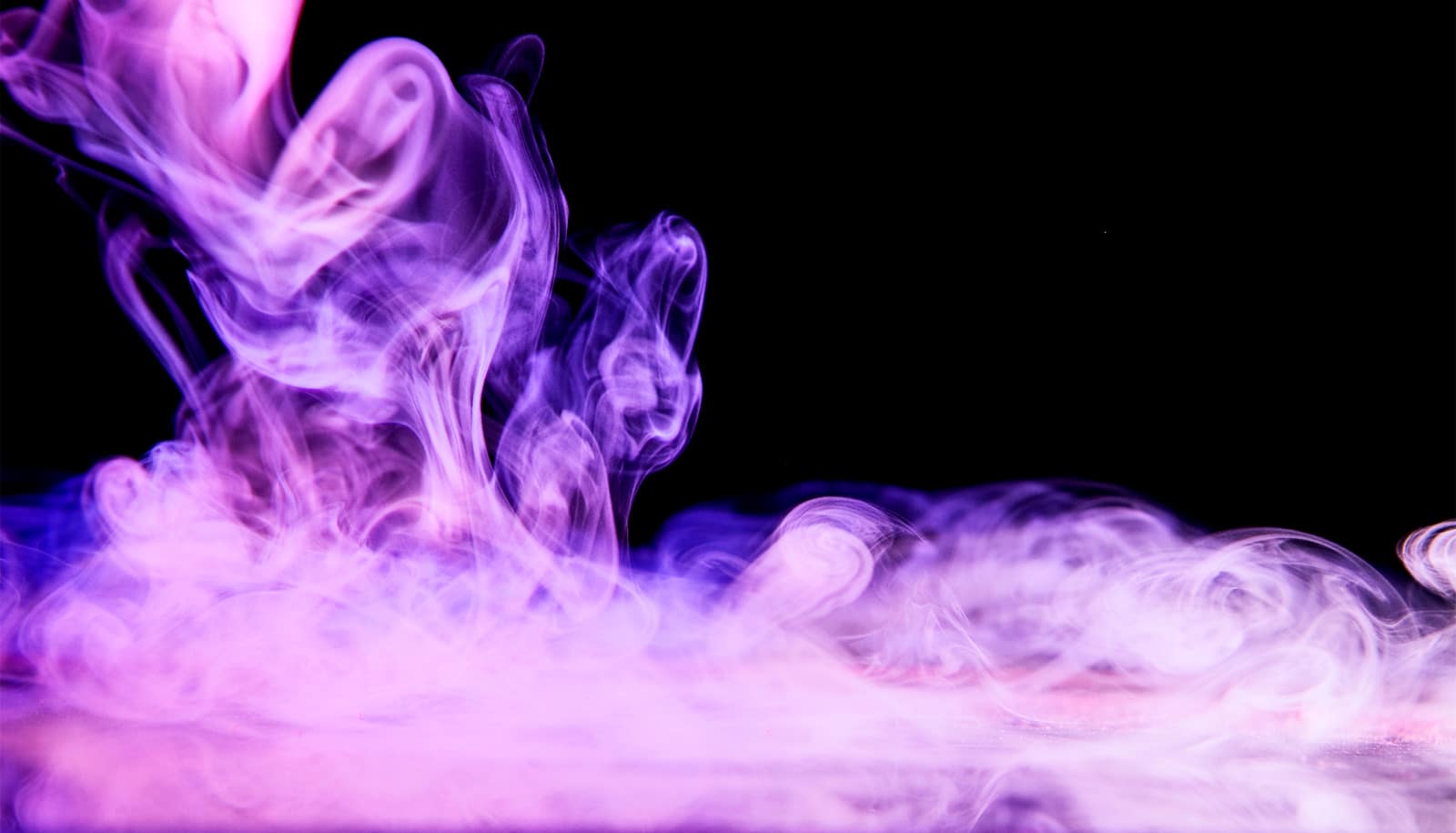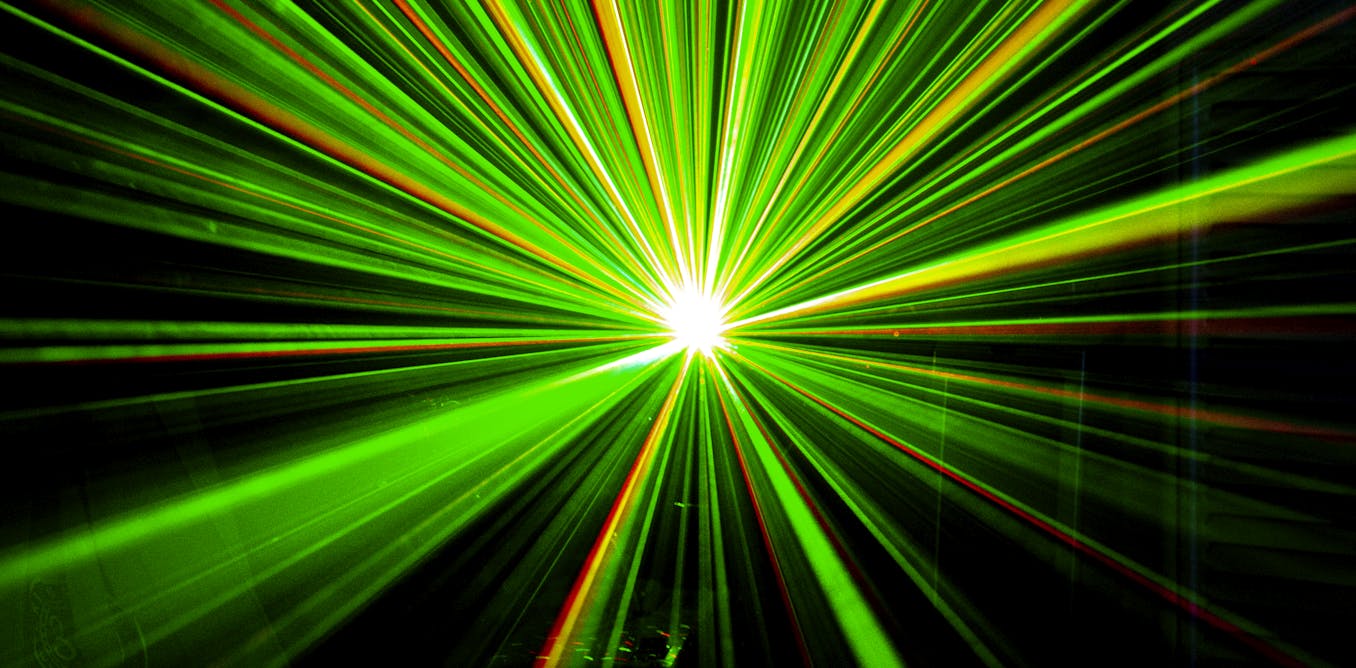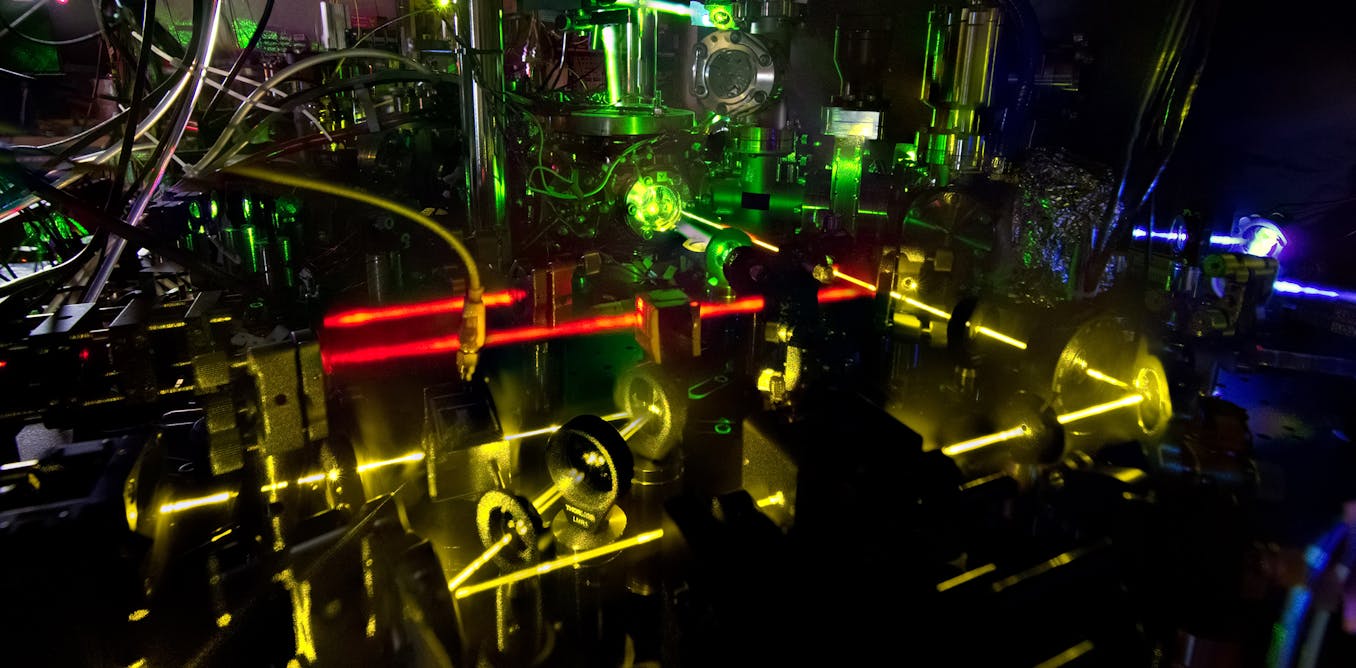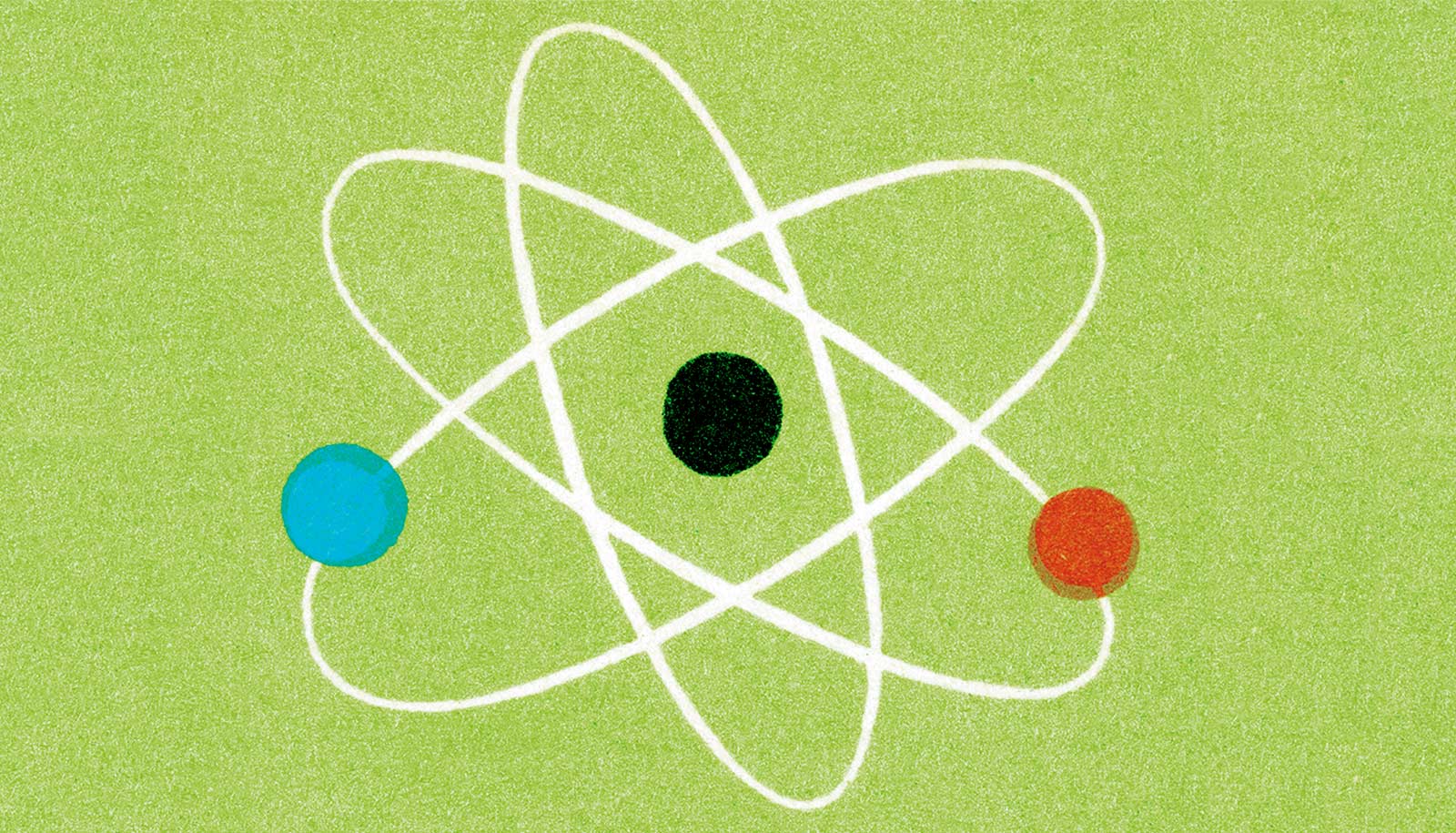Nuclear threats are increasing – here's how the US should prepare for a nuclear event
What if there was another nuclear incident in the US? A disaster management scholar looks back at the history of nuclear events to assess the risk.
Cham Dallas, University Professor Department of Health Policy & Management, University of Georgia •
conversation
Aug. 6, 2020 • ~13 min
Aug. 6, 2020 • ~13 min
Pairing lasers with microwaves makes mind-bogglingly accurate electronic clocks – a potential boon for GPS, cell phones and radar
Researchers have made some of the most accurate clocks imaginable in recent years, but the trick is harnessing those clocks to electronics. Using lasers to tune microwaves bridges the gap.
Franklyn Quinlan, Physicist, National Institute of Standards and Technology •
conversation
May 22, 2020 • ~7 min
May 22, 2020 • ~7 min
A new type of chemical bond: The charge-shift bond
The laws and principles of chemistry seem pretty set in stone. But as a chemist explains, the field is always evolving, including such fundamental principles as what is a chemical bond.
John Morrison Galbraith, Associate Professor of Chemistry, Marist College •
conversation
May 14, 2020 • ~6 min
May 14, 2020 • ~6 min
Will we ever be able to shrink and grow stuff?
The movies make it seem like someday we'll be able to make people and objects grow really big or shrink really small. Whether this will be possible comes down to the smallest of things.
Salvatore Rappoccio, Associate Professor of Physics, University at Buffalo, The State University of New York •
conversation
May 4, 2020 • ~4 min
May 4, 2020 • ~4 min
/
7










